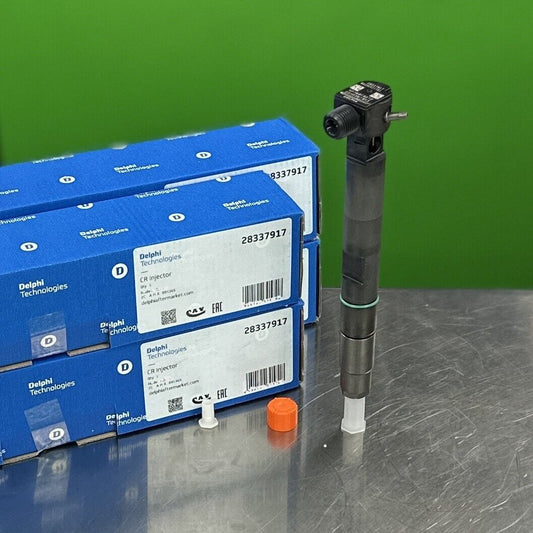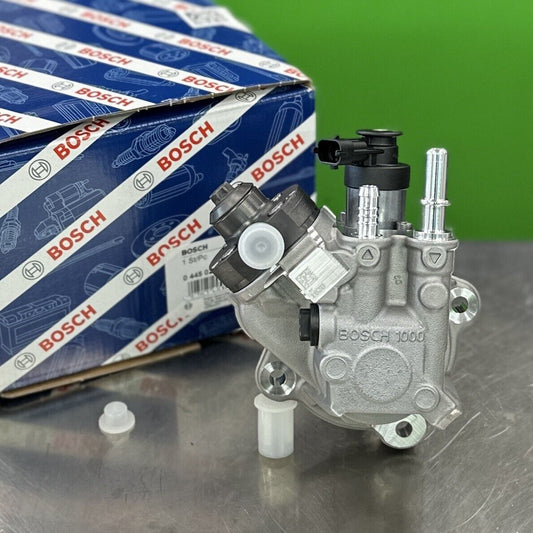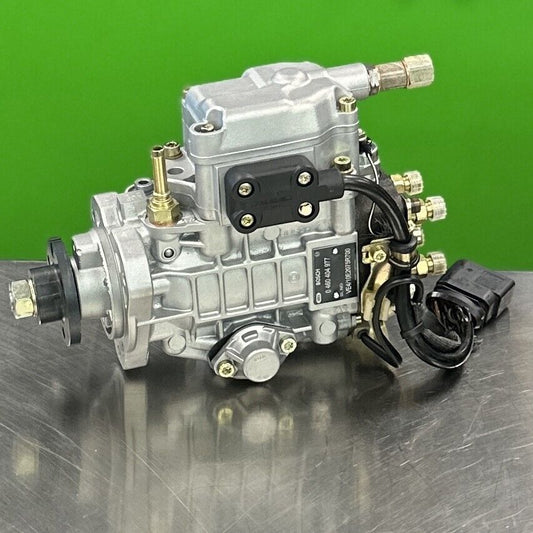Diesel Engines in Modern Vehicles: Adapting to Evolving Needs
Diesel engines are constantly evolving to meet the demands of a changing automotive industry. Here are some key trends shaping the future of diesel engines:
1. Increased Focus on Emissions Reduction:
Stricter emission regulations worldwide are driving the development of cleaner diesel technologies. Manufacturers are investing in advanced emission control systems, such as selective catalytic reduction (SCR) and diesel particulate filters (DPFs), to significantly reduce harmful pollutants like nitrogen oxides (NOx) and particulate matter (PM).
2. Improving Fuel Efficiency:
Fuel efficiency remains a crucial aspect of diesel engine development. Engineers are working on optimizing engine design, combustion processes, and fuel injection systems to squeeze out every drop of fuel efficiency. This includes developing high-pressure common rail injection systems, variable geometry turbochargers, and advanced engine management systems.
3. Hybridization and Electrification:
The rise of hybrid and electric vehicles is influencing the development of diesel engines. Diesel-hybrid powertrains combine the power and efficiency of diesel engines with the low-emission benefits of electric motors. This allows for cleaner operation in urban environments without compromising on range or performance.
4. Alternative Fuel Options:
The search for more sustainable fuels is also impacting diesel engine development. Biodiesel, a renewable fuel made from plant oils, is being explored as a cleaner alternative to petroleum diesel. Additionally, diesel engines are being adapted to run on natural gas, a cleaner and more abundant fossil fuel.
5. Data-Driven Optimization:
The increasing availability of data from vehicles and engines is enabling manufacturers to optimize diesel engine performance and efficiency. By analyzing real-world driving patterns and engine performance data, engineers can refine engine calibration, maintenance schedules, and emission control strategies.
Conclusion:
Diesel engines are adapting to the evolving needs of modern vehicles, becoming cleaner, more efficient, and more sustainable. With advancements in emission control technologies, hybridization, and alternative fuel options, diesel engines are poised to continue playing a significant role in the future of transportation.



